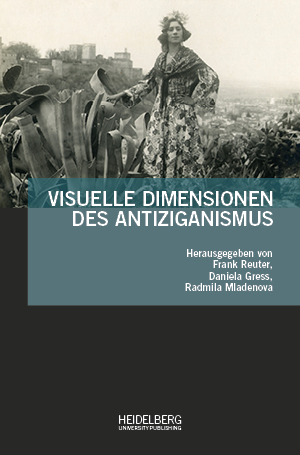How to Cite
License (Chapter)

This work is licensed under a Creative Commons Attribution-ShareAlike 4.0 International License.
Identifiers (Book)
Published
Manga – Anime – Videospiel. Erscheinungsformen der „Zigeuner“-Motivik im ostasiatischen Videospiel und Anime-Stil
Abstract The paper deals with two hitherto neglected aspects in the media staging of the construction „Gypsy“: its visual aesthetics in East Asian popular culture and video games. Using the example of the influential games The Legend of Zelda: Ocarina of Time (1998) from Japan and Ragnarök Online (2002) from South Korea, aspects of simulation and interaction by media users are analysed on the one hand, and the role of globally marketed styles and media on the other. In the course of the adaptation of „Western“ „Gypsy“ characters by the East Asian entertainment industry, old and new forms of imagining the „Gypsy“ are revealed. The dominant style of East Asian popular culture implies a high potential of hybridisation, i. e., mixing of motifs, which counteracts a racialization of characters. As a result, phenotypical contrasting of ethnic characteristics tends to be dispensed with; on the other hand, social characteristics are usually more prominent – a difference from the stylistic conventions of visual „Gypsy“ depictions in European media. In this study, the author exemplifies two poles of how the workings of video games can affect the de-racialising specifics of East Asian popular culture: Either they cancel them through the typification of game characters or they force them through the creative intervention of media users.






